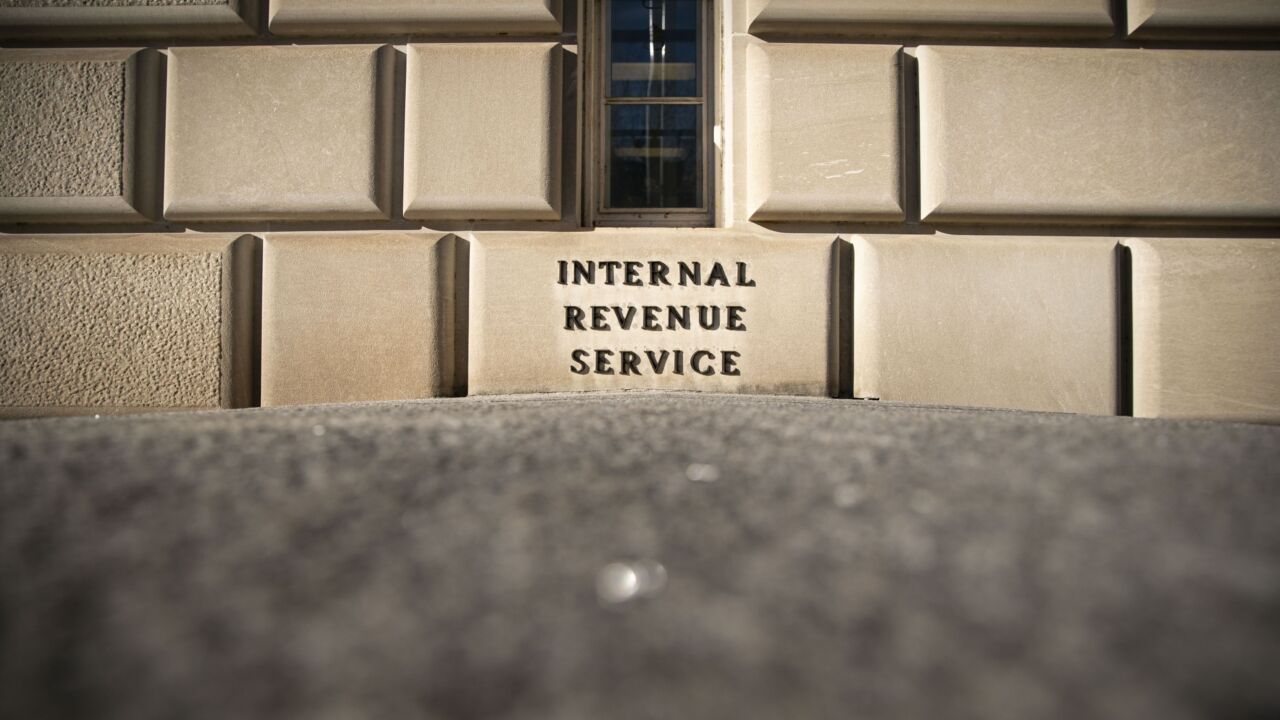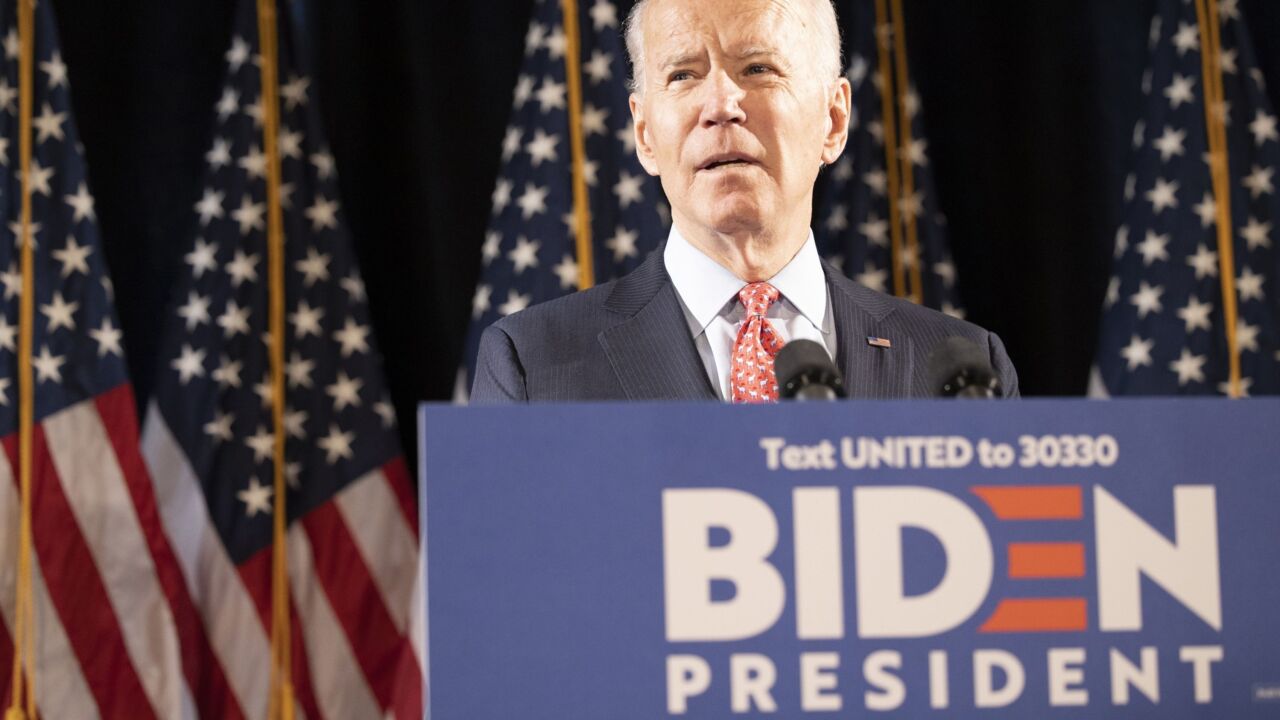-
Wealthy taxpayers in high-tax states like California, New York and New Jersey are the biggest winners, as are workers who collect tips or overtime, and seniors.
December 15 -
A new study predicts the One Big Beautiful Bill Act will reduce federal taxes on average for individual taxpayers in every state, but the impact will differ.
August 13 -
Business investors and wealthy Americans are among the biggest winners. Those hit the hardest include elite universities, who face new levies, and immigrants.
July 7 -
President Donald Trump's multitrillion-dollar tax and spending package moved closer to reality after it passed the Senate.
July 1 -
The prospect of prolonged talks with holdouts threatens Senate Majority Leader John Thune's goal of passing President Trump's tax-cut legislation by July 4.
June 17 -
The sale of federal land would provide billions of dollars to help pay for the massive package of tax cuts in the Senate's version of the bill.
June 12 -
It would extend Trump's first-term tax cuts due to expire Dec. 31, along with new tax relief including raising the limit on deducting state and local taxes.
May 22 -
Wealthy Americans and business investors are among the big winners while targets of Trump's ire such as immigrants and elite universities were hammered.
May 14 -
President Donald Trump's much bigger-than-expected tariff hikes increase the urgency of the Republican tax-cut package now in negotiation.
April 7 -
Trump needs as much revenue as he can get as Republicans in Congress work to iron out a plan to extend the 2017 tax cuts that are due to expire later this year.
February 21 -
The incoming Treasury chief will have to reconcile his deficit-reduction plans with the Trump administration's much-anticipated tax cuts.
January 28 -
The mood in markets and the financial situation are starkly different from 2017, when Trump and congressional Republicans passed a deficit-expanding tax cut.
January 17 -
Republicans broadly agree that there's little room for error on what is a rare opportunity for the GOP to update the Tax Code without having to make any concessions to Democrats.
January 9 -
Johnson said the massive bill would address issues such as border security, including money for the mass deportations of undocumented immigrants; and an extension of the 2017 Trump tax cuts.
January 6 -
The Trump campaign is proposing a grab bag of tax cut proposals that could collectively cost as much as $10.5 trillion over a decade.
September 4 -
Donald Trump plans to make permanent the 2017 individual tax cuts that he enacted as president while keeping corporate tax levels unchanged in an appeal to working and middle class voters should he retake the White House.
January 8 -
There's not much wiggle room for further reductions, especially in an uncertain economy.
October 28 -
The president said his action authorizes the U.S. Treasury to allow companies to defer — not suspend — payroll taxes for Americans making less than $100,000 a year from Sept. 1 through Dec. 31.
August 10 -
A weaker U.S. dollar and a rollback of some of the 2017 tax cuts are just two possibilities, experts say.
July 23 -
Officials hope to peg capital gains to inflation before the president faces reelection.
June 27



















